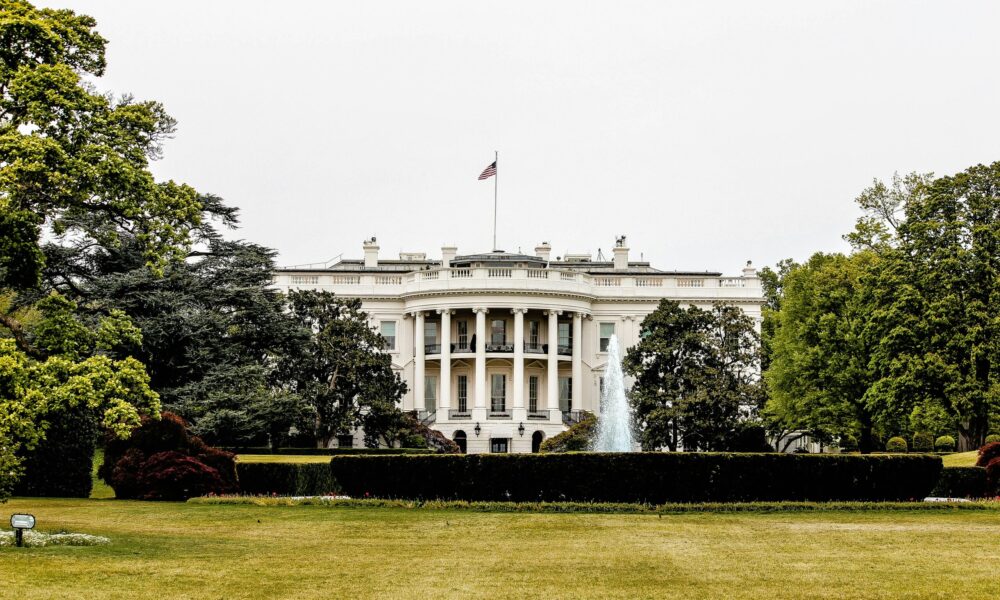This month, the Office of Personnel Management (OPM) published a proposed rule to implement a new federal hiring classification, “Schedule Policy/Career.” This rule would reintroduce parts of “Schedule F,” the controversial federal hiring scheme, by allowing the president to reclassify certain civil service roles, specifically those of employees in vaguely defined “policy-influencing” positions. UCS has joined a coalition of organizations to submit a joint comment urging the OPM to withdraw the rule.
Should this rule take effect, civil service protections would be stripped from much of the federal workforce, all but dismantling the merit-based system we’ve had for more than a century. It would revive the old “spoils system,” where political parties reward supporters with prized government positions.
Under our current federal hiring system, the majority of civil service jobs fall under the General Schedule (GS), which is a structured pay and classification system designed to ensure there is fair, apolitical hiring based on expertise. While the system is not perfect, it helps ensure hiring is not based on political loyalty. Reclassifying roles outside this framework could strip protections from nonpartisan professionals and experts and leave room for hiring based on political ideology or loyalty rather than merit.
Federal scientists, who are part of that professional civil service, play an important role in protecting public health, advancing innovation, and ensuring evidence-based decision-making. It is essential that scientists’ work be grounded in the facts rather than in ideology or loyalty to a political party. If the Schedule Policy/Career rule were implemented, it would be easier to fire scientists whose work doesn’t align with an administration’s political goals, forcing them to choose between personal integrity and keeping their livelihoods.
This change would increase the risk of corruption, weaken governance, and compromise scientific integrity. It would also undermine the government’s ability to recruit and retain expert talent, and likely violate constitutional protections related to separation of powers and due process. Instead of being hired for their subject-matter expertise, public servants would be hired based on political loyalty—or could be fired for failing to put the administration’s political interests first.
Currently, our nation’s civil service protections shield the federal science community from political interference, which preserves the independence of their research and their credibility. These protections need to be preserved and strengthened to maintain public trust in their research. One way to do so is through the Scientific Integrity Act, which would codify standards to ensure science-based decisions are free from political pressure. In contrast, the Schedule Policy/Career rule would destroy those safeguards and open the door to interference that undermines federal science.
We’re already seeing signs of this happening.
In recent months, we have seen political appointees vetting career civil servants based on perceived loyalty to the president, a trend that critics say marks a shift away from a nonpartisan, merit-based civil service toward a system designed to reward loyalty over expertise. Since the start of the second Trump Administration, we have documented 418 attacks on science, or 418 potential ways that federal officials have undermined or sidelined science. Incidents like these slowly chip away at the norms that protect objective expertise. If enacted, this rule would remove any remaining democratic guardrails.
Agencies such as the Environmental Protection Agency (EPA) and the National Institutes of Health (NIH) depend on a stable, nonpartisan workforce. If experienced civil servants are suddenly turned into at-will employees, widespread talent loss could delay public protections, undermine science research, and threaten public trust in government science.
Scientific integrity doesn’t happen by accident. It requires robust systems and safeguards–like civil service protections, and policies such as the Scientific Integrity Act–that allow scientists to follow the evidence wherever it leads. The Schedule Policy/Career rule would dismantle those safeguards and take us back to a spoils system that prioritizes narrow political interests over expertise or accountability to the public. That puts us all at risk. We’re urging OPM to withdraw this proposal and uphold the principles of an apolitical, expert civil service. The health, safety, and well-being of the public depends on it.

